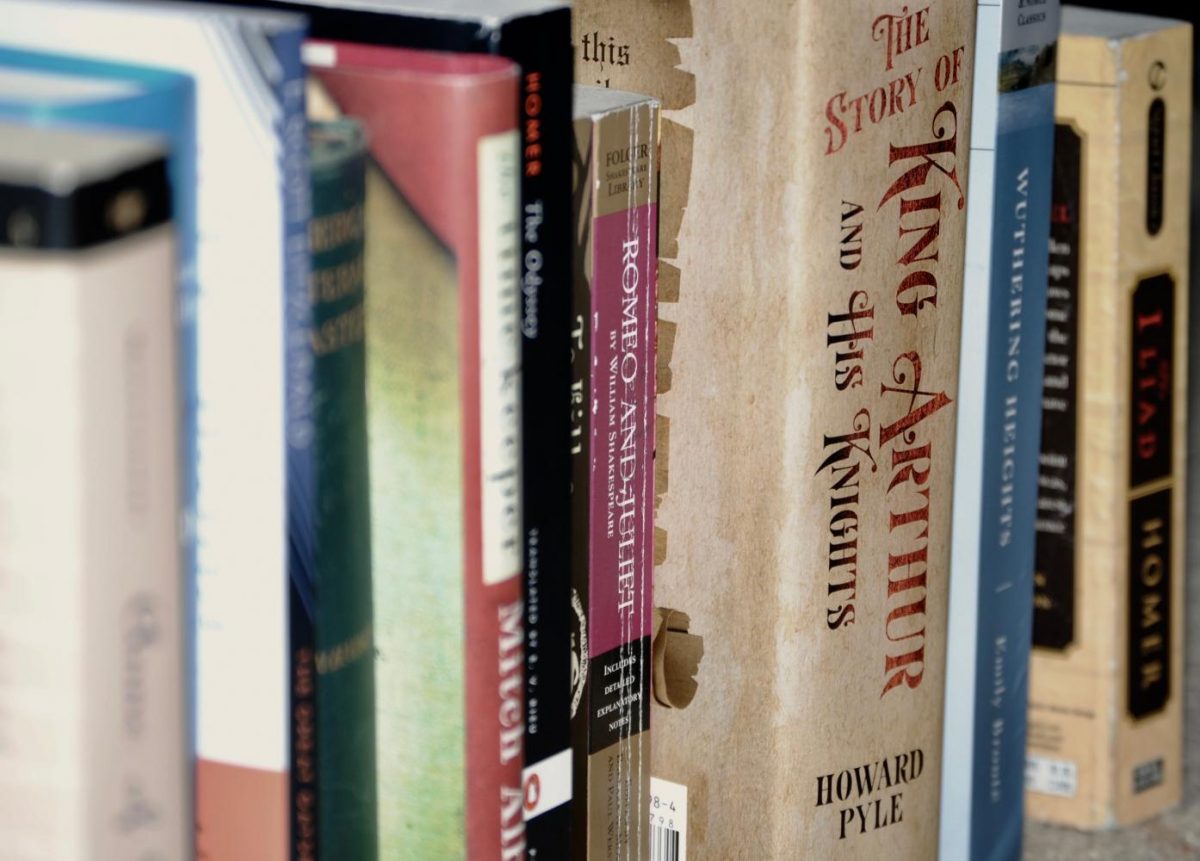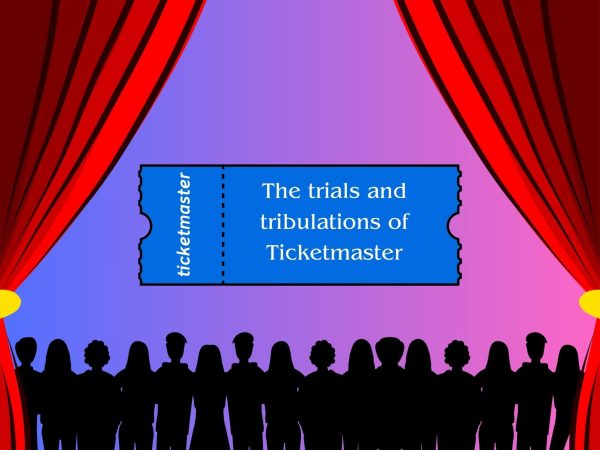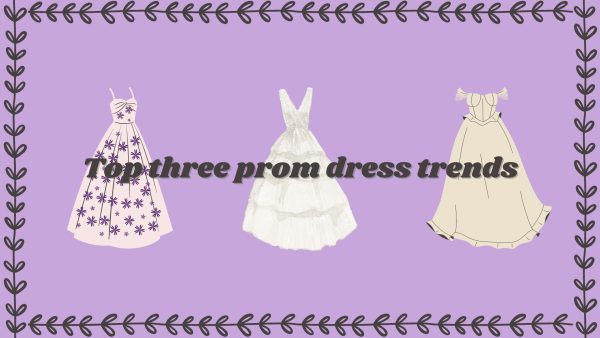The Classics: Why we should read them
From the works of Homer to Shakespeare, the great classics present themselves as a look into another age. To read a classic, one must begin the journey with a curious outlook on the world and the past. “Curiosity is the lust of the mind,” philosopher Thomas Hobbes said.
September 28, 2017
Millions of people continue to find comfort and amazement in the classics, a literary work of art each composed of a different message from a unique time period. Almost every classic allows readers to look back in time from an intellectual mind, experiencing a whole other life that may seem foreign.
From the Gods of Greece to the romantic telling of star-crossed lovers, the myths and tales that came to life as “a performance of words,” as described by Robert Frost, affect the reader on a mental and spiritual level.
Jane Austen, William Shakespeare, Harper Lee, and a multitude of other amazing authors used their experiences to frame their work and help others learn the meaning of something greater. Each reader interprets the author’s messages differently.
“A classic is a book which has never exhausted all it has to say to its readers,” as Italo Calvino proposed in his book, Why Read the Classics?
A classic gives people a chance to take away knowledge learned from a thousand years past and integrate it in today’s world. Classics imprint themselves on the imagination as unforgettable. The knowledge learned and the experiences gained from reading these novels formulate a greater meaning of the world in the reader’s eyes. The reader begins to understands concepts and people more because of these brilliant words of the past.
“Each rereading offers as much of a sense of discovery,” Hannah, blogger and writer said in her blog post titled, “Why read the classics?”
Both Calvino and Hannah explain the extent of knowledge one can learn from a single book— knowledge that repeats a number of times in history.
Though I believe that everyone should enjoy and appreciate such fine works of art, not everyone does. Readers of classic literature should read with an open mind and curiosity that leads to breakthroughs or epiphanies. These epiphanies should feel like a sense of discovery as if you finally found that missing piece to a puzzle. Students should read books out of love and the want to learn something new, not from the force of a teacher or professor.
“Generally, when I am forced to read a book I enjoy it less,” sophomore Isaac Stobo said.
When readers display a want to read something, they tend to try and finish it as soon as possible. They indulge themselves into this book and feel this sense of accomplishment throughout their whole being as they reach the last page, the last sentence, the last word.
“I feel no responsibility to read these texts. Instead, I do it because of what literature has given me before and what I have seen it give others in the past,” Hannah said.
Classic literature lovers pray that one day everyone will look at literature in this light. Read the classics, not for anyone but yourself, and learn something new. Embrace newfound knowledge to impress and gush about, to find an answer to a troubling situation, and to dislodge curiosity about love, hope, and pain.
“To represent the whole universe, a book on a par with ancient talismans….you cannot remain indifferent,” Calvino said.
By reading classic literature, one can learn the ways of the universe and discover themselves.
“I like most of the classics because of their authentic feel. They have original ideas that a good deal of the modern books imitate. Reading them allows me to make a lot of connections that I wouldn’t be able to make normally,” Stobo said.

















